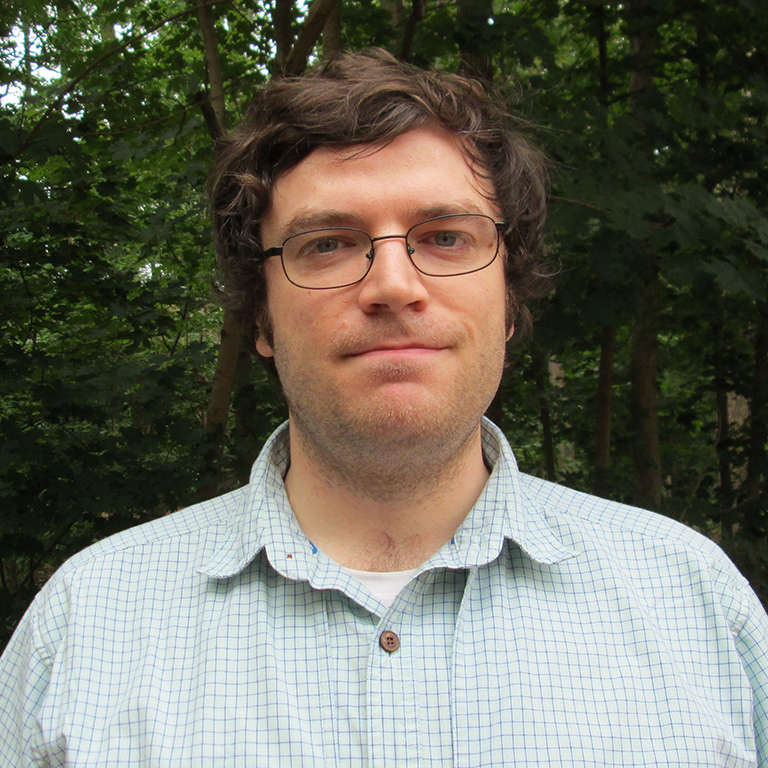Joey's dissertation research in Mongolia examines infrastructure breakdowns in postsocialism, focusing on the provision of hot water. His project will investigate how infrastructure such as sidewalks and public utilities—and especially their absence or breakdown—mediate political subjectivity. The project creatively combines anthropological work on bureaucratic materiality, experiences of the state, and some issues of property peculiar to post-socialism. His project is extremely timely and of the utmost importance to Mongolians themselves, as well as to understanding urban development more generally. Ulaanbaatar is the capital city of Mongolia and is its only real city, with nearly half of the nation’s total population (1.3ish of 3 million). The outlying districts of Ulaanbaatar consist mainly of gers—traditional felt yurts—only tenuously serviced by basic utilities and plagued by the worst winter air pollution on the planet. For several years, the city has been expanding so rapidly that new residents have established these “ger districts” on an ad hoc basis. The collective problems created by this situation have generated something of a political crisis, as well as environmental and health crises. Meanwhile, the provision of hot water—necessary to heat the urban apartments into which the government is trying to move new residents—has become so essential that it is increasingly regarded as a basic human right, but not one the state can consistently provide. This is the context for the Office of Urban Planning’s efforts to incentivize a new regime of private ownership on the city’s outskirts, and why their actions have broader material and sociocultural significance.
Joey is currently a dual-degree doctoral candidate in the Department of Anthropology and the Department of Central Eurasian Studies (CEUS) at Indiana University.

 The College of Arts
The College of Arts